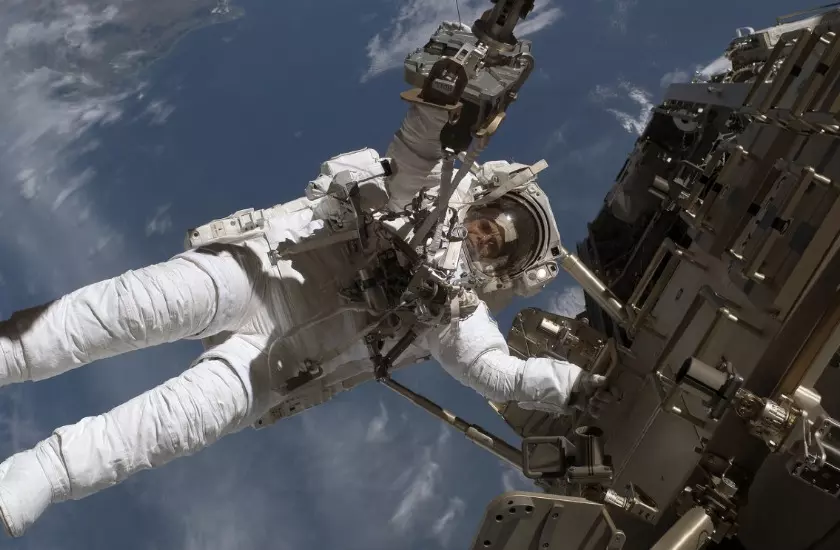Why NASA calls a leak on the International Space Station 'Catastrophic'?
Why NASA Calls a Leak on the International Space Station 'Catastrophic'

Understanding the Severity of the ISS Leak
A section of the Russian-controlled International Space Station (ISS) has been leaking air for several years, causing concerns about crew safety and the station's long-term viability. Recently, the situation has worsened, leading to disagreements between the Russian space agency Roscosmos and NASA officials.
The Leak's Origin
The leak was first detected in 2019 in the tunnel connecting the Russian module Zvezda to the docking port for supply spacecraft. The Zvezda module, launched by Roscosmos in July 2000, is essential for maintaining the station's pressurization and breathable air supply.
NASA reported that the cracks causing the leak are "very small, not visible with the naked eye," and located near brackets and pipelines, making repairs challenging. Despite the small size of the cracks, the air loss rate has increased significantly, reaching 1.7 kilograms per day as of April 2024.
Differing Perspectives
NASA and Roscosmos disagree on the risk posed by the leak and the appropriate remedies. Russia attributes the problem to high cyclic fatigue due to micro-vibrations. In contrast, NASA believes multiple factors, including pressure, mechanical stress, residual stress, material characteristics, and environmental exposure, are contributing to the issue.
NASA's Office of Inspector General recently highlighted the leak as the most pressing problem for the ISS, citing concerns about the structural integrity of the leaking module and the potential for a catastrophic failure. Former NASA astronaut Bob Cabana, who chairs the ISS Advisory Committee, mentioned that while Russia believes continued operations are safe, NASA remains unconvinced, and vice versa.
Seeking a Solution
To resolve this, NASA has proposed bringing in neutral experts from both agencies to evaluate the situation. Although the US has already initiated this process, Russia has yet to comply. Despite these differences, communication between NASA and Roscosmos remains open.
NASA has implemented precautionary measures, instructing astronauts and cosmonauts to keep the leaking section closed except when offloading supplies. NASA astronaut Michael Barratt, who recently returned from the Crew-8 mission, emphasized the importance of these measures.
The ongoing air leak in the ISS's Russian module highlights the complex challenges of maintaining an international space station. As both agencies work towards a resolution, the safety of the crew and the station's future remain paramount concerns.

